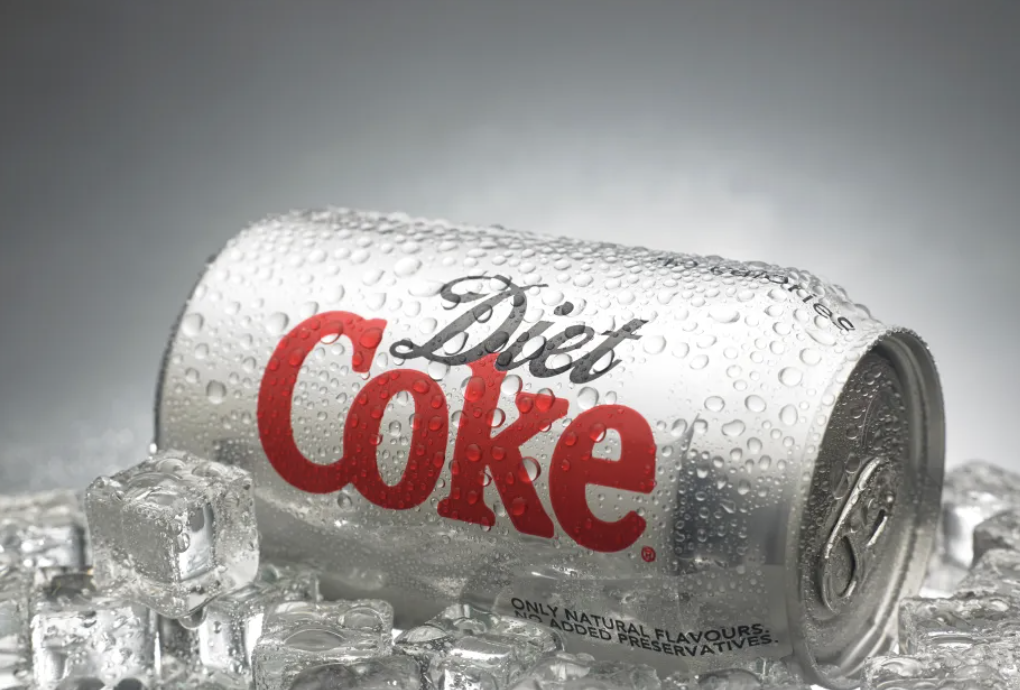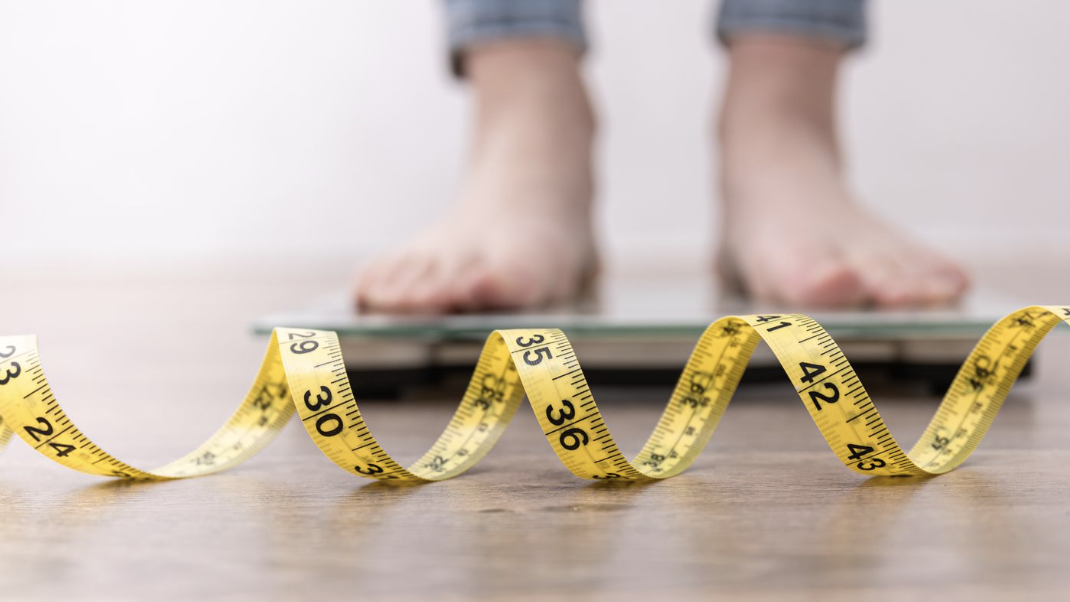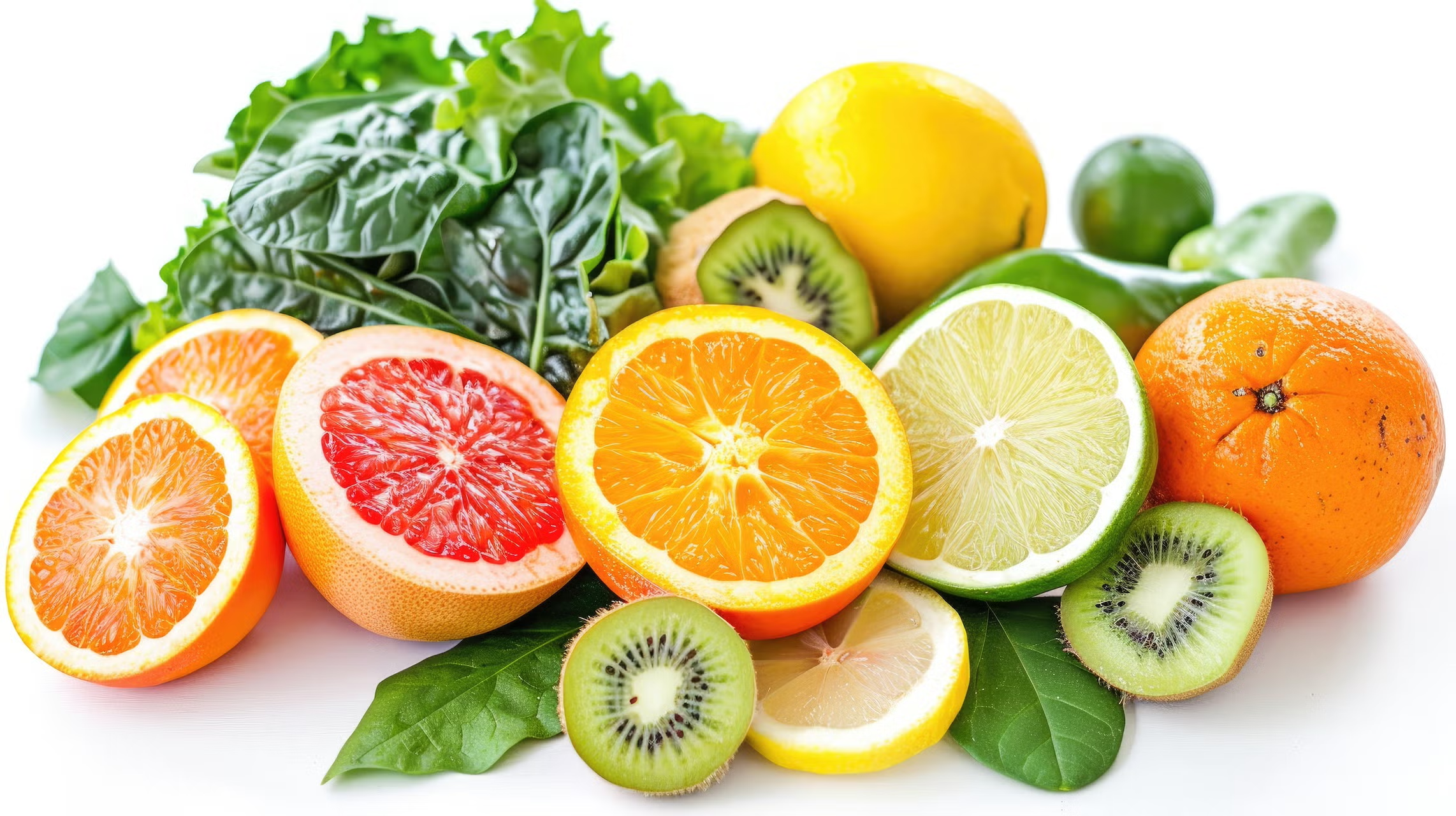
Understanding Physical Fitness and Diet Soda: What’s Really Happening?
Diet soda, a go-to beverage for many, often presents itself as a guilt-free alternative due to its zero-calorie appeal. But while it may seem harmless, its impact on physical fitness might surprise you. Here, we break down how diet soda affects energy levels, metabolism, and your overall fitness journey. If you’ve ever asked yourself, “Does diet soda sabotage my workout goals?”—read on.
Artificial Sweeteners: Not as Sweet for Your Fitness Goals
Diet sodas rely heavily on artificial sweeteners such as aspartame, saccharin, and sucralose. While these compounds offer sweetness without the calories, studies suggest they might alter metabolic processes and even increase sugar cravings. When cravings spike, you might find yourself reaching for extra snacks, potentially offsetting any calorie savings from switching to diet soda. In terms of physical fitness, this can reduce the effectiveness of your exercise routine and potentially lead to weight gain, making it harder to achieve your fitness goals.
- Relevant Research: According to Harvard Health Publishing, artificial sweeteners can disrupt gut bacteria, which may indirectly affect metabolism and energy use.
- Potential Risks: Higher intake of artificial sweeteners has been linked to disruptions in appetite regulation. This can lower workout endurance or lead to “energy crashes.”
The Caffeine Effect: Boost or Barrier?
Many diet sodas contain caffeine, which can have mixed effects on physical fitness. In moderation, caffeine may enhance workout performance by boosting endurance and concentration. However, too much caffeine can lead to jitters, dehydration, and even insomnia—all of which negatively impact muscle recovery and stamina during workouts.
- Key Insight: If you rely on diet soda for a quick pre-workout jolt, the caffeine may boost your energy momentarily but cause you to crash later.
- Optimized Strategy: Consider switching to healthier alternatives like green tea, which provides a balanced caffeine dose while offering antioxidants.
Diet Soda and Hydration: Why It Matters
Proper hydration is key for physical fitness. Unfortunately, diet sodas are not substitutes for water. The caffeine content in diet soda can act as a diuretic, potentially leading to dehydration—a critical issue for athletes and fitness enthusiasts. Dehydration negatively affects muscle function, endurance, and overall strength.
The Hidden Risks: Metabolic Confusion
Regular consumption of artificially sweetened beverages may trick your body into expecting sugar, causing a release of insulin. This can lead to insulin resistance over time, potentially contributing to weight gain and reduced physical performance. Additionally, research suggests that overconsumption may increase the risk of type 2 diabetes—a major barrier to fitness goals.
Alternatives to Diet Soda for Fitness Enthusiasts
- Infused Water: Add fresh fruits like lemon or cucumber for a flavorful twist.
- Electrolyte Drinks (without added sugar): These can help replenish nutrients lost during intense workouts.
- Herbal Teas: They offer antioxidants without the risks associated with artificial sweeteners or excess caffeine.
How to Reduce Diet Soda for Better Fitness
Reducing intake can be challenging, but it’s worth the effort. Try these tips:
- Gradual Reduction: Cut down on the number of cans you drink weekly, replacing them with water or healthier alternatives.
- Mindful Eating: Focus on nutrient-rich foods like lean proteins, whole grains, and vegetables to support your fitness goals.
- Track Your Progress: Keep a journal of how you feel during workouts when reducing diet soda.
Conclusion: Maximizing Physical Fitness Means Minimizing Diet Soda
While diet soda might appear to be a harmless indulgence, its impact on physical fitness is not as straightforward. From potential metabolic effects to dehydration risks, diet soda may hinder your progress in subtle ways. For optimal fitness, consider reducing or eliminating diet soda and focus on energy-boosting foods like lean proteins, complex carbohydrates, and plenty of water.
- For more insights on nutrition and fitness, visit Healthline and explore evidence-based content to support your journey.






